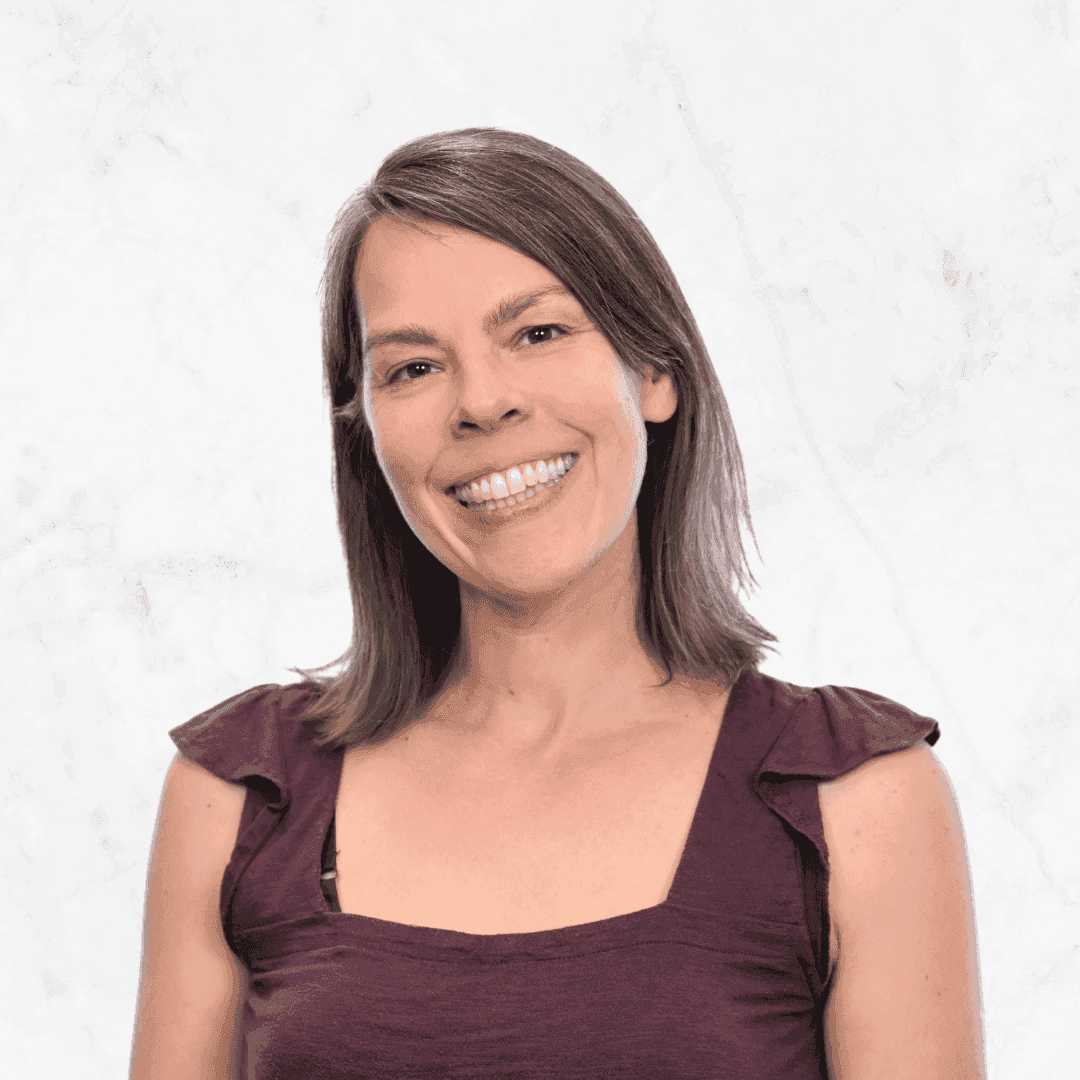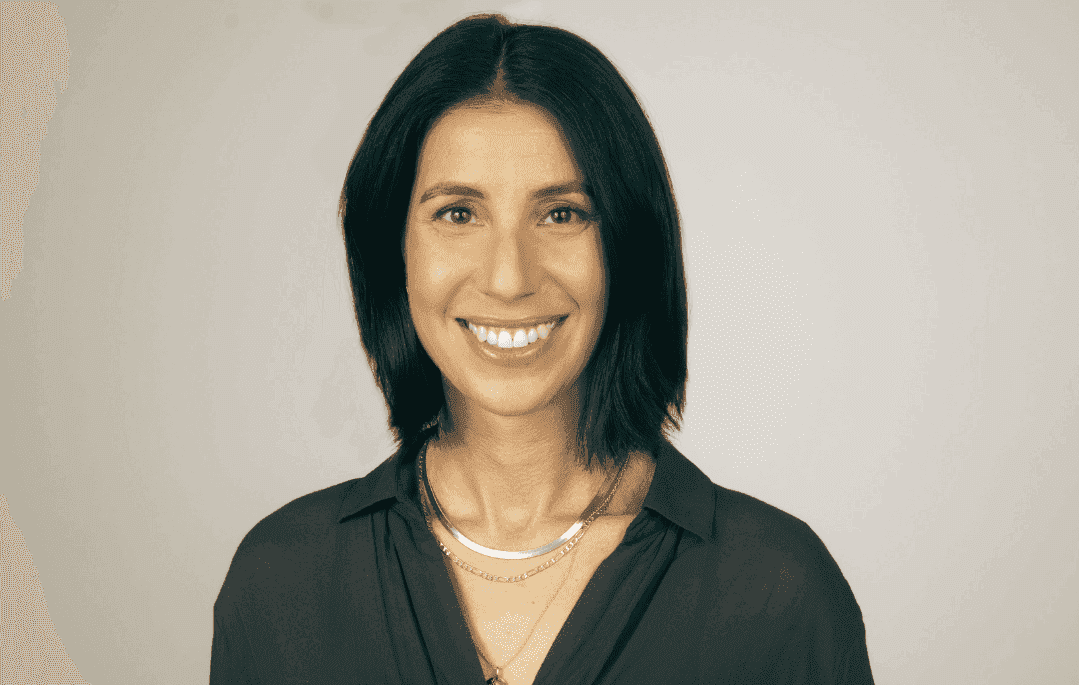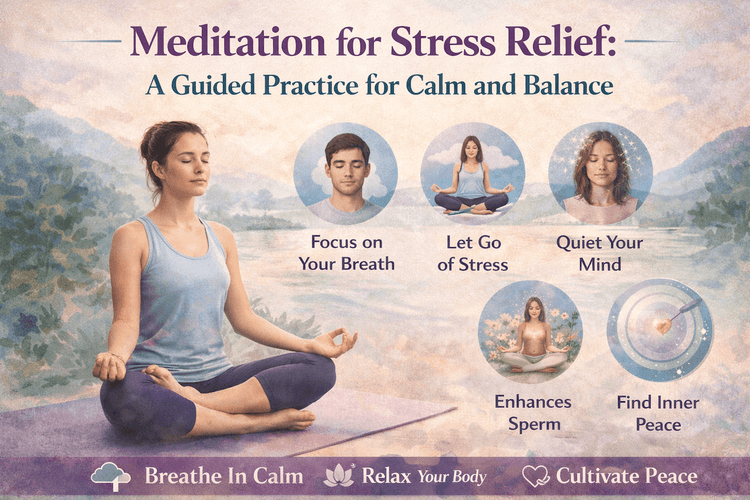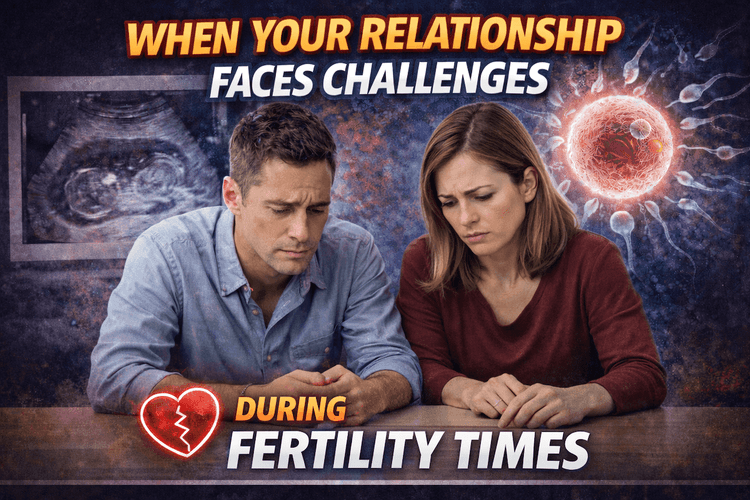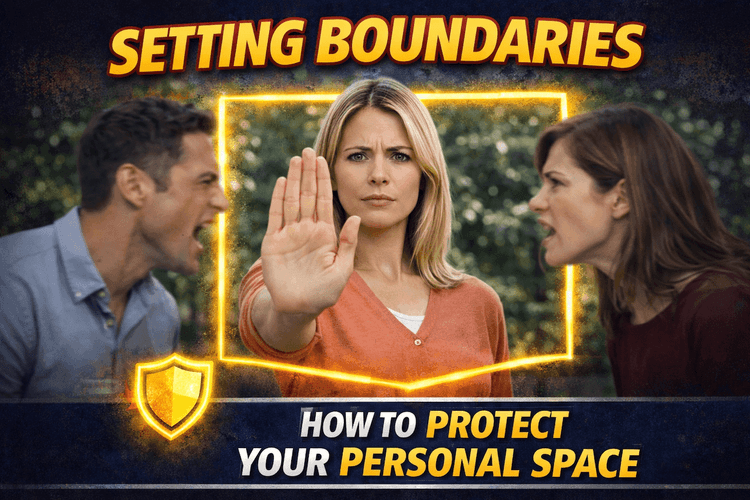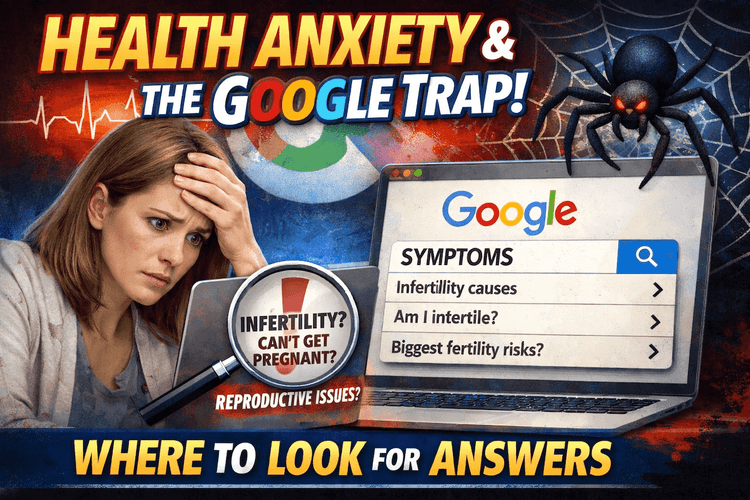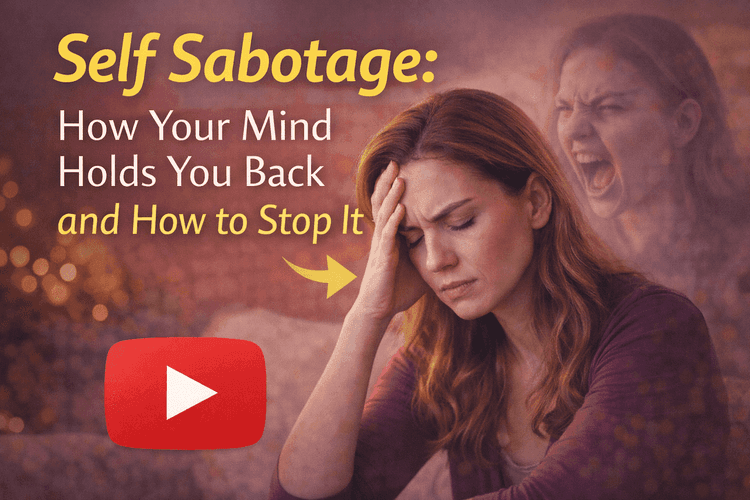00:00:00 Okay, så i denne video skal vi tale om egenomsorg for menstruationssmerter og endometriose, så kroniske smertetilstande. Jeg har min egen rejse med dette med menstruationssmerter og endometriose og andre typer kroniske smerter, og det vil vi tale om ud fra et kropsligt perspektiv. Så du er måske en person, der også har læst en masse bøger, måske har du prøvet en masse forskellige kostvaner, måske har du prøvet masser af selvplejepraksisser, og du føler, at de er en slags fungerer, men ikke rigtig, og nogle gange fungerer de, og andre gange fungerer de ikke, så vi vil fungerer, men ikke rigtig, og nogle gange fungerer de, og andre gange fungerer de ikke, så vi vil at tale om det ud fra et mind mind body-synspunkt er en virkelig vigtig ting inden for
00:00:39 smertevidenskab er at forstå vores oplevelse af frygt okay, jeg ved godt, at det måske lyder lidt... som woo woo eller lidt fluffy, men hør på mig, når vi er i en tilstand af frygt, der vil um sætte en på knap til vores nervesystems kamp- eller flugtreaktion, når vores nervesystem kæmper eller flygter knap til vores nervesystems kamp- eller flugtreaktion, når vores nervesystem kæmper eller flygter responsen er skruet højt op, fordi den er i en beskyttende tilstand, hvilket er forståeligt, hvis du har, hvis du er en person, der har oplevet mange kroniske smerter, og problemet med det er, at der er drevet af stresshormonerne kortisol og adrenalin, og når vores krop har en masse kortisol og adrenalin, at det skaber et miljø ud fra et biokemisk synspunkt
00:01:21 hvor vi er mere tilbøjelige til at have smertesignaler, okay, så det, jeg prøver at sige i videnskaben, er, at Når vi er bange for smerte, kan det nogle gange bidrage til mere smerte, fordi frygten skaber Når vi er bange for smerte, kan det nogle gange bidrage til mere smerte, fordi frygten skaber et miljø, hvor vi er mere følsomme over for smerte, så mennesker, der har en historie med kronisk smerter og er i gang med en rejse med kroniske smerter, kan det være svært, fordi du sidder fast i denne cyklus af frygt og selvbeskyttelse og forsøg på at komme ud af det, okay, så først vil jeg bare Anerkend, at hvis du er bange for smerte, er det meget normalt, og det er en normal, sund reaktion. Anerkend, at hvis du er bange for smerte, er det meget normalt, og det er en normal, sund reaktion.
00:02:00 du har, fordi du har en historie med det, måske har du ikke fået den rigtige støtte tidligere og du har været nødt til at tage sagen i egen hånd og øh, og så ja, du prøver at... virkelig have kontrol over smerten, og hvis du forventer smerte og er bange for smerte så ved du, at det igen er meget meget normalt, fordi du virkelig har du virkelig har lidt og din krop, du prøver bare at beskytte dig selv, og du prøver at forhindre en dårlig situation, og du prøver at undgå, at de ting, der skete i situation, og du prøver at undgå, at de ting, der skete i fortiden skete for dig, for eksempel hvis du pludselig fik smerter, når du er på arbejde eller i bussen og
00:02:37 du følte, at det var en virkelig forfærdelig oplevelse måske var det pinligt måske du følte dig super sårbar, du ved, at din krop bare prøver at beskytte dig ved ikke at have en oplev det igen, hvis du har frygt, så fødderne, hvad frygten gør, er, at den beskytter dig og så fortæller den dig, at du ikke må forlade huset, ikke må spise den her mad, ikke må gå i det her tøj. du skal ikke tage til denne koncert, for du kan få smerter, og så sidder du fast i dette du skal ikke tage til denne koncert, for du kan få smerter, og så sidder du fast i dette selvbeskyttende cyklus, hvor du beskytter dig selv mod smerte, men så er prisen, du betaler er, at du beskytter dig selv mod selve livet, okay?
00:03:12 Så en virkelig vigtig ting at gøre er, når du lægger mærke til dig selv begynder at få tanker om frygt fordi du skal have din menstruation om et par dage Eller måske er du på vej ind i den præmenstruelle fase, Jeg vil gerne have, at du tager en mindfulness-pause. Du lægger mærke til de tanker. Du læner dig tilbage og siger,
00:03:30 Okay, jeg lægger mærke til min frygt for smerte. Træk vejret. Og lige nu, i dette øjeblik, har jeg ikke smerter. og du kommer virkelig i kontakt med det faktum, at du har tanker om fremtiden, og det er også sandt, at du lige nu i dette øjeblik ikke har smerter, så Kan du lade dig selv være i live og ikke have smerter i fem minutter og bare nyde det øjeblik? og det hjælper virkelig med at skabe plads til frygt, og du omkobler vores vi er og det hjælper virkelig med at skabe plads til frygt, og du omkobler vores vi er
00:04:06 at omstille vores nervesystem til at være sammen med ikke-smertefulde oplevelser, og det er meget, meget vigtigt. så det er den første ting, jeg vil opfordre dig til at gøre ud fra et selvomsorgssynspunkt for smerter Den anden ting er, når og hvis du begynder at mærke smerte, okay, meget ofte er det ikke smerte. ofte er det, at vi har fornemmelser, eller vi har prikken, eller vi føler os måske svimle, eller måske har vi ofte er det, at vi har fornemmelser, eller vi har prikken, eller vi føler os måske svimle, eller måske har vi har en temperaturændring i vores krop. Så vi skal være forsigtige med vores sprog. Vi ønsker ikke at gå ind og tænke, åh, jeg får et massivt smerteanfald lige nu. Så jeg vil gerne have, at du virkelig sætter farten ned ned den oplevelse, som den bygger op i din krop, og vær til stede med følelsen. På samme måde som
00:04:51 I et mindfulness-øjeblik uden smerter holder du en pause og siger: Okay, træk vejret. og du vil sige til dig selv, at lige nu i dette øjeblik føler jeg fornemmelser, eller jeg føler, og du vil sige til dig selv, at lige nu i dette øjeblik føler jeg fornemmelser, eller jeg føler, Jeg føler ubehag. Det føles ikke behageligt. Det er okay. Lad os blive ved ubehaget og lad ikke tankerne gå i ring. Det er okay. Og du bemærker måske frygt, og du kan endda anerkende og sige, wow, jeg føler mig virkelig bange lige nu uden at skulle handle på det eller gøre noget. om det, og så bremser vi virkelig nervesystemet og trækker vejret igennem, og det vil hjælpe dig med at nedregulere enhver form for unødvendig frygt og virkelig være til stede med
00:05:28 vil hjælpe dig med at nedregulere enhver form for unødvendig frygt og virkelig være til stede med din oplevelse af smerte, og jeg vil opfordre dig til at gøre de to ting i et par måneder og se, hvordan du kommer på og øh og ja så generelt du ved se hvordan det fungerer se hvad der sker og lad mig det vide



